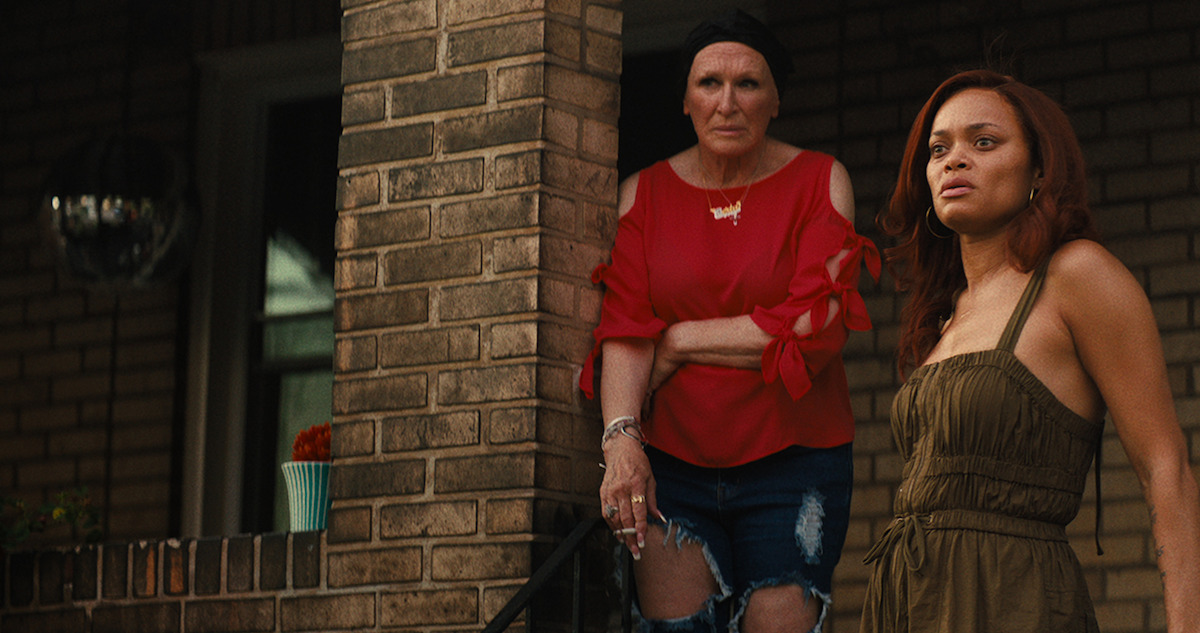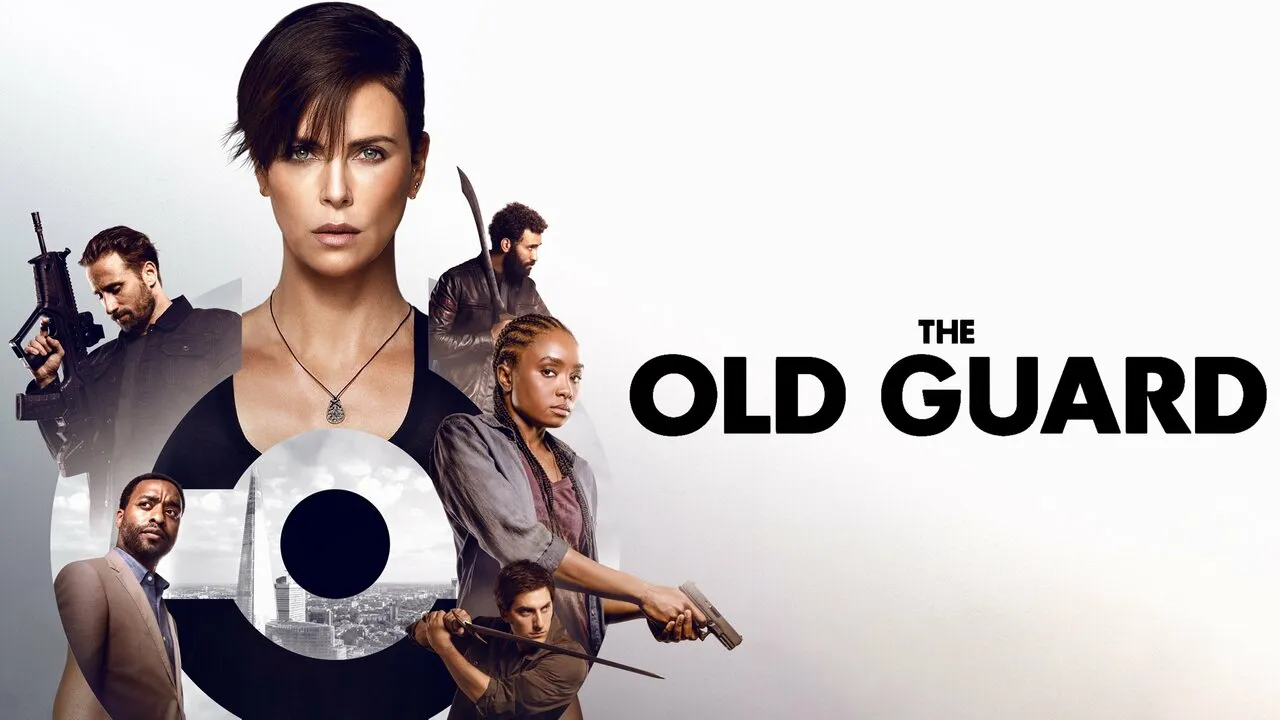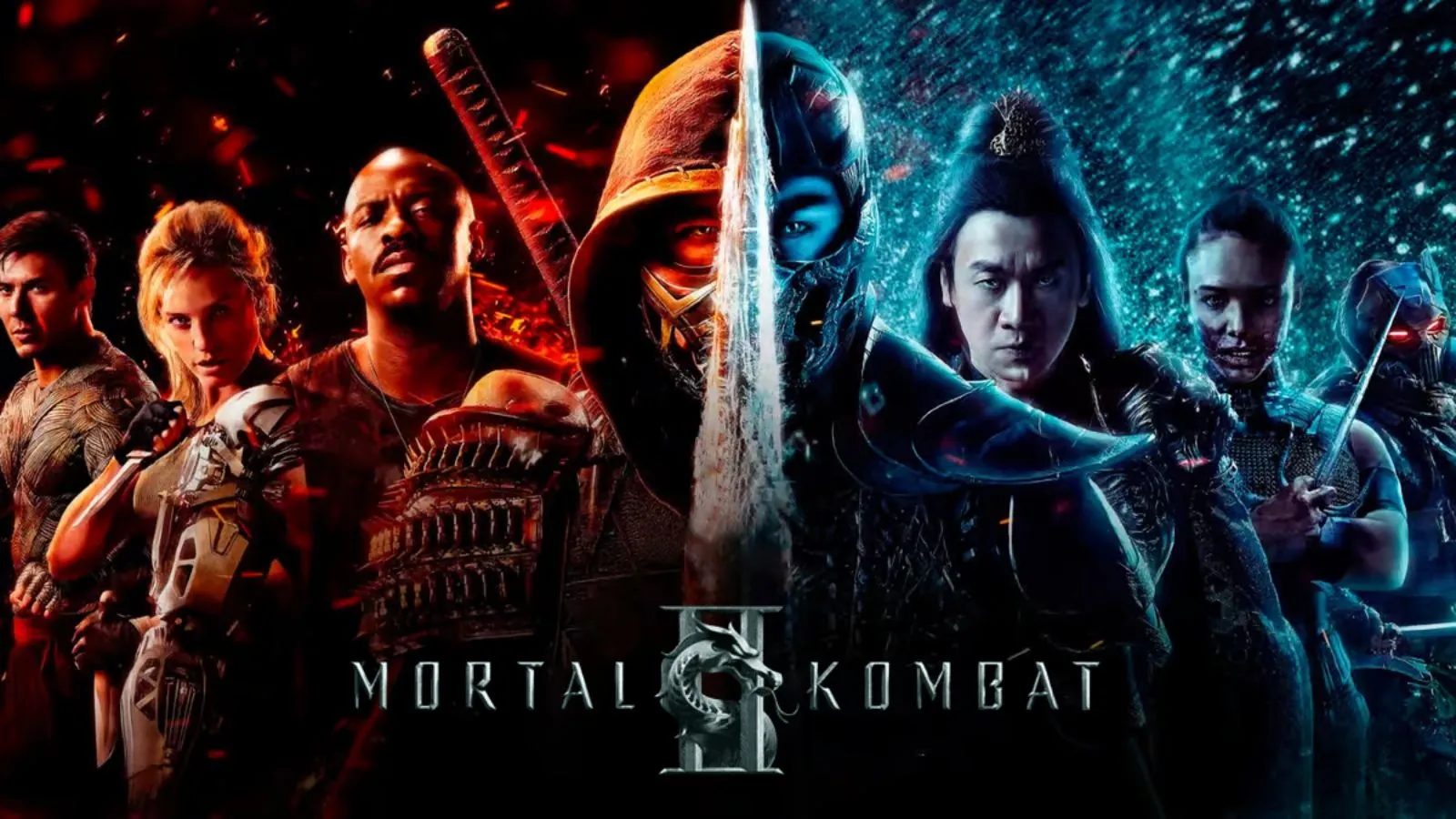The Deliverance: A Haunting Tale Rooted in True Events
The Deliverance, directed by acclaimed filmmaker Lee Daniels, is a chilling and emotionally raw horror-drama that blends supernatural terror with real-life trauma. Inspired by the infamous Latoya Ammons case—a widely publicized 2011 incident involving alleged demonic possession in Gary, Indiana—the film plunges into the terrifying intersection of faith, motherhood, and mental illness. With powerful performances and an unflinching narrative, The Deliverance sets itself apart from standard horror fare by grounding its scares in deep emotional truth.
The story centers on Ebony Jackson, a devoted single mother who moves into a seemingly ordinary house with her three children, hoping to start a new life. But soon, strange occurrences begin to unfold—doors slam on their own, the children speak in disturbing voices, and an unseen force seems to stalk the family. As the events escalate, Ebony seeks help from social services, psychologists, and religious authorities, but what she finds instead is disbelief, judgment, and a growing sense of isolation. The film poses a critical question: when a mother insists her children are possessed, is she protecting them—or harming them?
Andra Day delivers a haunting performance as Ebony, bringing vulnerability, desperation, and resilience to the role. Her portrayal captures the emotional toll of a mother caught between the physical world and the spiritual unknown. Day’s performance is matched by an impressive supporting cast, including Glenn Close as a skeptical social worker and Mo’Nique as a fervent woman of faith determined to intervene. The chemistry between these characters creates a tense dynamic that keeps viewers questioning what is real and what is not.
Daniels' direction is atmospheric and relentless. He uses shadow, silence, and pacing to craft scenes that feel intimate and terrifying all at once. Rather than relying on cheap jump scares, The Deliverance builds dread slowly, allowing the horror to seep into the viewer's mind. The cinematography emphasizes the claustrophobic nature of the family’s home, turning even ordinary household objects into instruments of fear. The film's score, composed with eerie restraint, heightens the tension without overwhelming the narrative.

What truly elevates The Deliverance is its focus on systemic issues, such as racial bias in child protective services, the stigma surrounding mental health in Black communities, and the societal skepticism of poor single mothers. The film doesn’t provide easy answers about whether the possession is real or imagined—it forces the audience to grapple with ambiguity and discomfort. In doing so, it reflects real-world injustices, making its horror feel disturbingly plausible.
In the end, The Deliverance is not just a film about demons—it’s a story about survival, belief, and the devastating consequences of being unheard. It dares to ask difficult questions about who we choose to believe and why. With its unsettling realism and powerful storytelling, The Deliverance is one of the most compelling and thought-provoking horror films of the decade.



